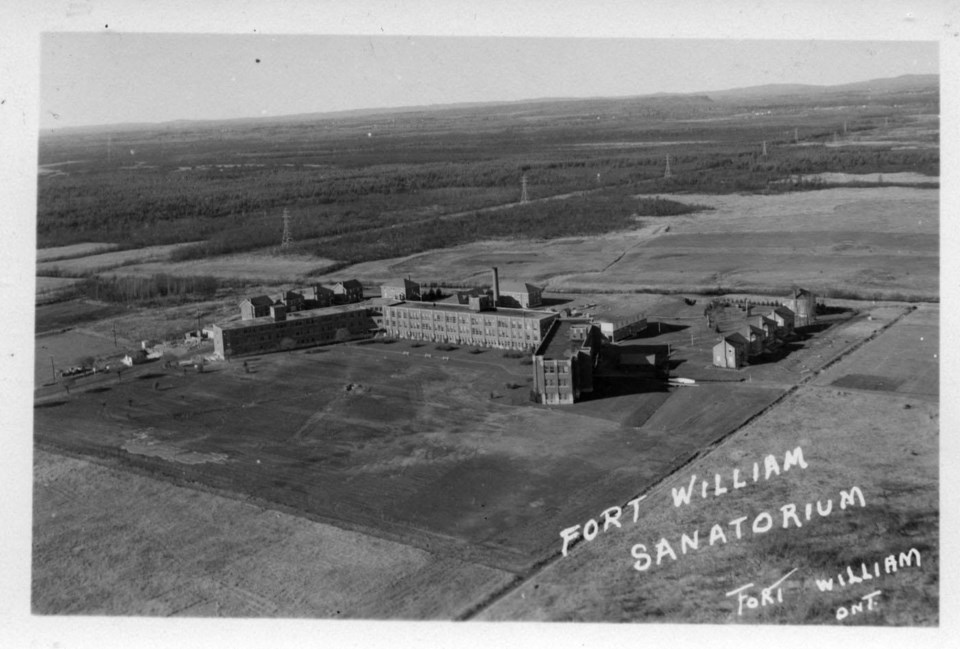THUNDER BAY — A Superior Court judge has dismissed an application to have a school that operated in the former Fort William Sanatorium declared a school for purposes of claims under the Indian Residential Schools Settlement Agreement (IRSSA).
The application was made by an Indigenous woman who said she was hospitalized at the sanatorium on Lillie Street for several years in the 1940s, and was also a student of the "Fort William Indian Hospital (Sanatorium) School."
Some students who contracted tuberculosis while residing at Indian residential schools were transferred to the provincially-operated sanatorium for treatment after it opened in 1935.
According to a transcript of the court case, "there is evidence that at least one teacher provided education to Aboriginal children between 1942 and 1945" under the auspices of the Fort William Board of Education. The sanatorium housed a Provincial School starting as early as 1944 to as late as 1971, and an Indian Day School between 1950 and 1953.
However, Justice Paul Perell said in his decision that Indigenous students were sent to the sanatorium because they had fallen ill from TB, and were placed there for medical rather than educational purposes. He determined that the school does not meet the criteria for inclusion in the Residential Schools Settlement Agreement.
In his conclusion, the judge said he sympathized with the situation of those who were transferred to the sanatorium from residential schools.
"These young people contracted serious illnesses while at an IRS, were subsequently diverted to the sanatorium, and were away from their communities during . . . the very times at which children need their families the most."
Justice Perell went on to say, however, that the task of judges is to interpret the settlement agreement "by applying the principles of contractual interpretation to determine what the parties to the IRSSA objectively intended."
He pointed out that, as has been recognized in other court cases, "not all residential placements were intended to be encompassed by the IRSSA; for example, those who lived in private homes, billeted homes or boarding and group homes while attending school away from their communities do not qualify for compensation under the IRSSA."
